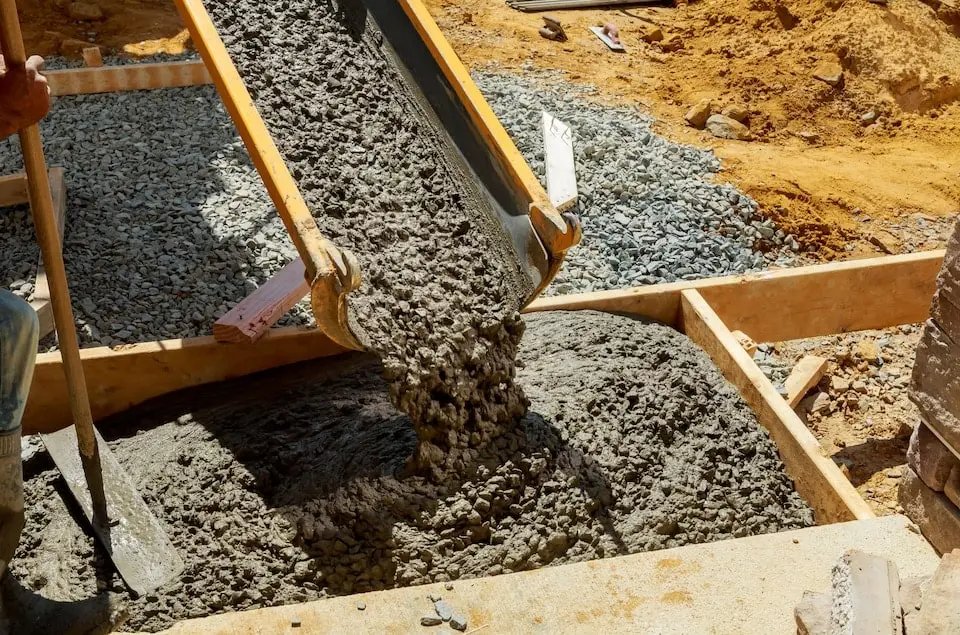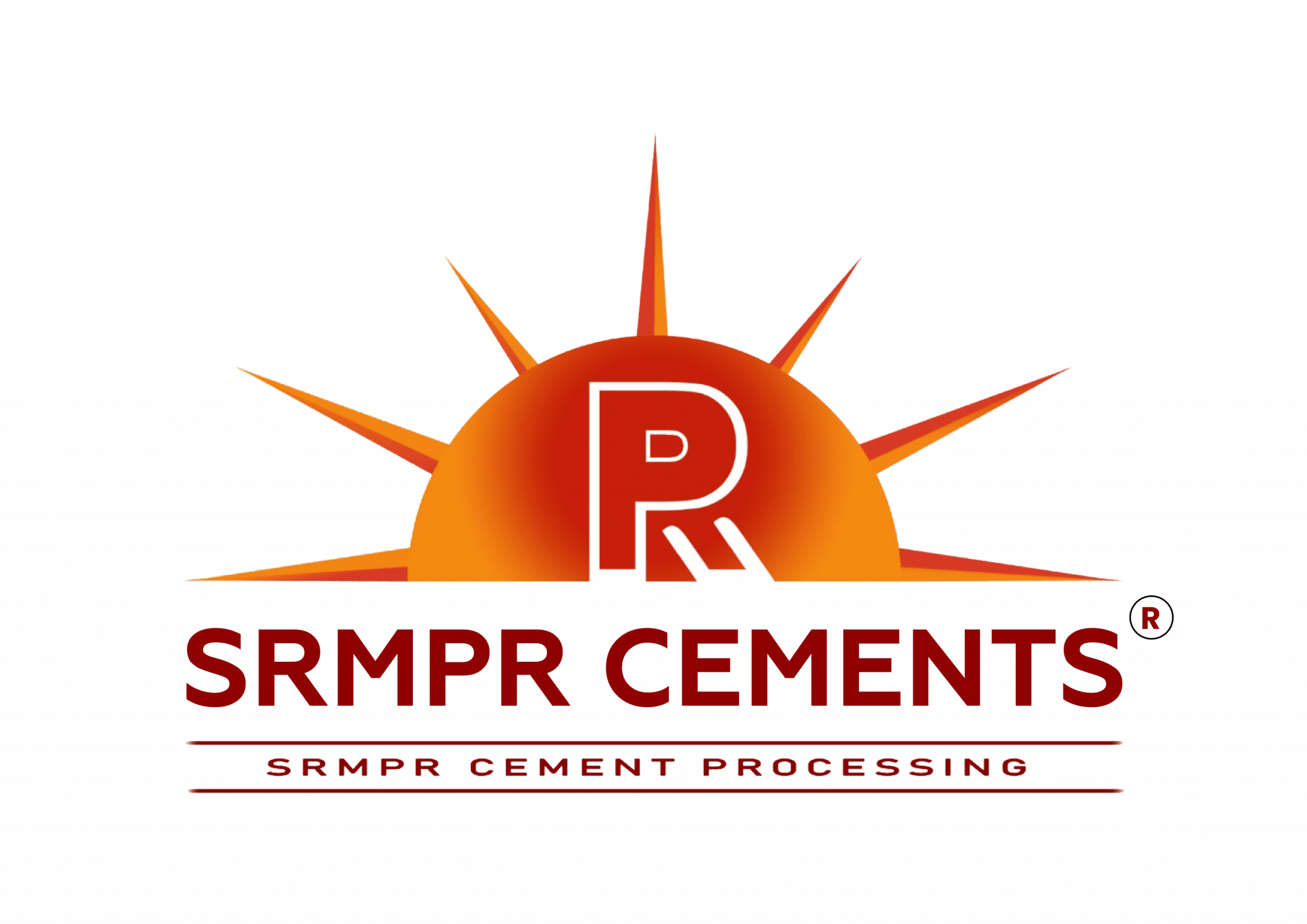When embarking on a construction project, one of the key decisions you’ll face is choosing the right type of cement. Cement is the binder that holds concrete together, and selecting the appropriate type is crucial for the strength, durability, and performance of your structure. In this comprehensive guide, we will walk you through the essential factors to consider when making this important choice.
Understanding the Basics of Cement
Cement is a fine powder that is mixed with water and aggregates (sand and gravel) to form concrete. Concrete is one of the most widely used building materials in the world, and cement is its essential binding agent.
When cement is mixed with water, it forms a paste that hardens over time. This hardening process is called hydration. Hydration involves a complex chemical reaction between the cement and water molecules. As the cement hydrates, it develops a strong bond with the aggregates, forming a durable and load-bearing material.
1. Portland Cement
Portland cement is the most versatile and widely used cement in construction. It can be used in a wide range of applications, from concrete foundations to mortar joints to stucco finishes. Portland cement comes in different strengths, such as Type I, Type II, and Type III, to meet the specific requirements of different projects.
2. Blended Cement
Blended cement is a mix of Portland cement and supplementary materials like fly ash, slag, or silica fume. This combination enhances specific properties of the cement, such as durability, workability, and reduced heat generation. It is a sustainable building material that is ideal for a variety of construction projects.
3. Masonry Cement
Masonry cement is designed for use in masonry applications like bricklaying and plastering. It provides excellent workability and bond strength, making it ideal for projects that involve mortar or stucco.
4. White Cement
White cement is primarily used for decorative purposes. It offers a clean, bright finish and is commonly used in architectural concrete, precast concrete products, and terrazzo.
Factors to Consider When Choosing Cement
Now that you have a basic understanding of the types of cement available, let’s explore the factors to consider when selecting the right one for your construction project.
1. Project Requirements
The nature of your construction project plays a significant role in cement selection. Consider factors like the type of structure, load-bearing capacity, and environmental conditions. For instance, a high-rise building may require a different type of cement than a residential driveway.
2. Climate Conditions
Climate has a considerable impact on the performance of cement. In regions with extreme temperatures, you’ll need a cement type that can withstand freezing and thawing cycles. Conversely, in hot and arid areas, you’ll require cement that resists heat-induced cracking.
3. Strength and Durability
Different types of cement offer varying levels of strength and durability. For projects where structural integrity is critical, such as bridges or dams, opt for high-strength cement. On the other hand, for less demanding applications, standard Portland cement may suffice.
4. Environmental Considerations
In today’s eco-conscious world, sustainability matters. Blended cements that incorporate supplementary materials are more environmentally friendly, as they reduce the carbon footprint of your project. Consider using them for green building initiatives.
5. Cost
Budget constraints are a reality in construction projects. While it’s essential to prioritize quality, consider the cost of the cement type you choose. Sometimes, a moderately priced cement with the right properties can be the most cost-effective option.
6. Availability
Ensure that the selected cement type is readily available in your region. Delaying a project to source a specific cement can lead to increased costs and time overruns.
Choosing the right type of cement is a pivotal decision in any construction project. By considering project requirements, climate conditions, strength and durability, environmental factors, cost, and availability, you can make an informed choice that ensures the success and longevity of your endeavor. Remember, the right cement sets the foundation for a solid and enduring construction project.




It sure was helpful when you said that the cost of the cement that you are interested in must be considered. My husband and I will start the construction of our two-story house in April. Since we want to keep everything within the budget, it will make sense for us to shop for quotes and find the best possible deal.